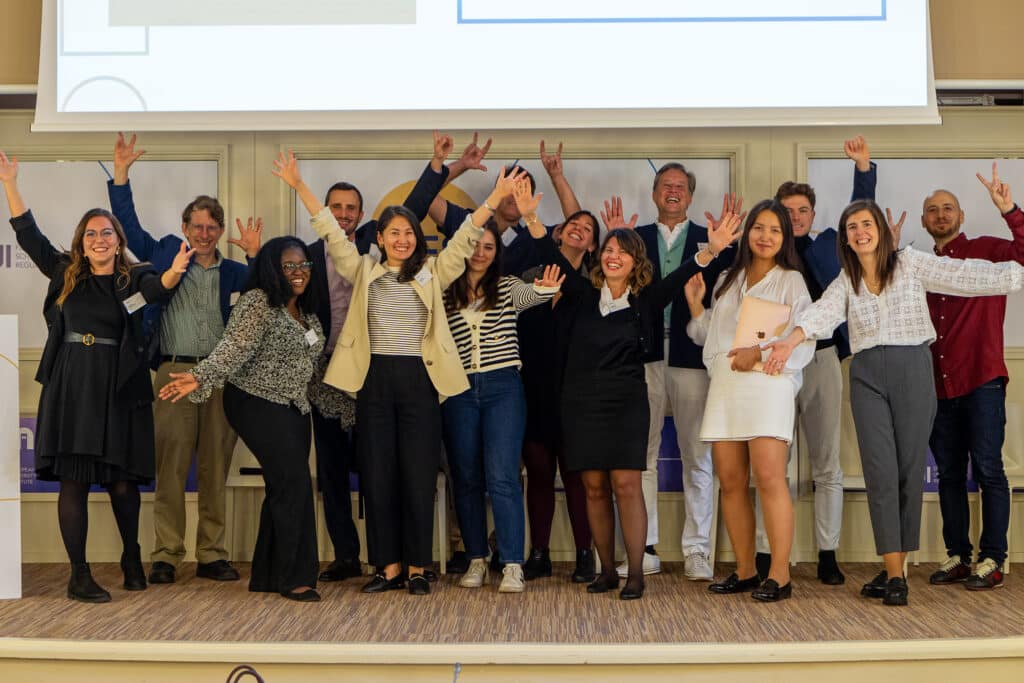
The online debate gathers experts, academia and policy makers. It will be introduced by Susanne Nies on the state of play of energy poverty in the EU, but also active customers in the EU, moderated and commented by Leonardo Meeus, FSR. A Q&A with the audience will follow, for a total event duration of 1 hour’15.
The Clean Energy package for all Europeans rightly emphasizes the central place of the customer, for who dynamic prices are needed, and who should be empowered to participate in all markets. The active customer can be seen as the modern and digital citizen, supportive to the energy transition, keen on participating in change. However, around 11 %[1] of the EUs 510 million inhabitants are energy poor, vulnerable, and expect from new legislation to protect them, as energy is a public basic good. Some governments claim regulated prices to be the solution to address energy poverty. But avoiding price signals will prevent from active customers to rise.

Securing Europe’s Energy Future: Join us for the first instalment of this quarterly theme in the FSR Insights series Sebastian…

Join us for the second instalment of the FSR Insights series’ quarterly theme “Securing Europe’s Energy Future” Kian Mintz-Woo from…

Following the success of the first edition, we are delighted to announce the 2nd FSR Alumni Day. This event will…
To meet, discuss and learn in the channel that suits you best.